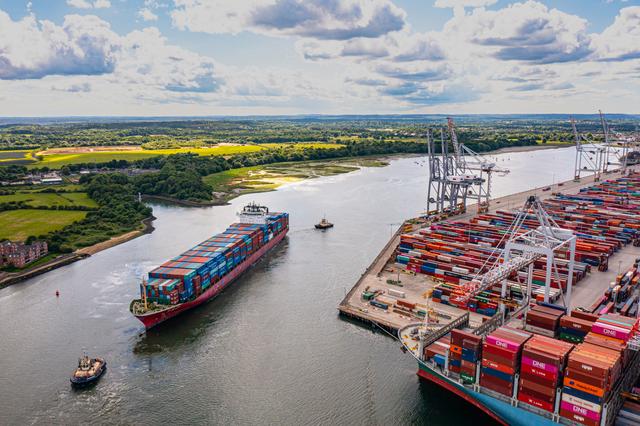Africa is intensifying its focus on trade diversification and regional integration to drive sustainable economic growth amid evolving global trade challenges. According to the latest Trade in Transition study, supported by DP World, African business leaders are adopting a dual approach of expanding global supply chains while advancing regional collaboration through the African Continental Free Trade Agreement (AfCFTA).
The study, commissioned by Economist Impact and presented at the World Economic Forum in Davos, sheds light on Africa’s trade landscape in 2025, highlighting key trends, challenges, and opportunities for the continent’s economic future.
While the AfCFTA seeks to create a single market across 54 African nations by reducing tariffs and boosting intra-African trade, only 31 of the 48 signatory countries have commenced trade under the agreement. Political instability (cited by 40% of executives) and slow implementation (32%) remain significant barriers to full adoption.
Africa’s trade infrastructure continues to lag, but major projects are addressing key deficiencies. The Lobito Corridor railway, linking Angola, the Democratic Republic of the Congo, and Zambia, is set to enhance trade logistics. Rehabilitation of the Tanzania-Zambia railway will improve East Africa’s rail-sea transport network, easing cargo movement from Zambia’s mines to Tanzania’s coastal ports.
Nearly 46% of surveyed executives are diversifying their supplier base globally to mitigate trade risks, compared to only 16% focusing on regionalisation. While China remains Africa’s largest trading partner, India, the United Arab Emirates, and Turkey are emerging as alternative economic partners. However, greater engagement with these nations will require more favourable trade agreements (cited by 35% of executives) and supportive government policies and incentives (25%).
To offset regional trade costs, 34% of surveyed executives are leveraging digital tools, with an emphasis on artificial intelligence (AI). However, Africa’s data deficit remains a significant obstacle to fully adopting AI-powered trade solutions, underscoring the need for increased investment in digital infrastructure.
Despite climate change affecting African agriculture (which accounted for 13% of exports in 2023), sustainability is a lower priority for African executives in 2025. Only 27% of executives ranked sustainability as a primary concern, compared to 15% globally. The key impediments include financial constraints and pressing economic and geopolitical challenges. Solutions proposed in the study include access to green technologies (55% of executives) and government incentives for climate resilience (50%).
Mohammed Akoojee, CEO & Managing Director of DP World Sub-Saharan Africa, stated:
“Although trade challenges persist, Africa’s commitment to regional integration through the AfCFTA and its proactive global engagement present a viable strategy for sustainable growth. Africa’s supply-chain potential can be realised over the next decade with sustained investment in infrastructure, education, and capacity building.”
John Ferguson, Global Lead, New Globalisation, Economist Impact, added:
“In 2025 and beyond, global trade will be shaped by shifting geopolitics, climate change, and AI-driven automation. Businesses that remain agile and invest in technology will be better positioned to navigate these transformations.”
Africa’s trade strategy in 2025 is centred on balancing regional integration with global partnerships. By addressing infrastructure gaps, advancing digital adoption, and securing strategic trade agreements, the continent is poised to become a stronger player in the global economy.
